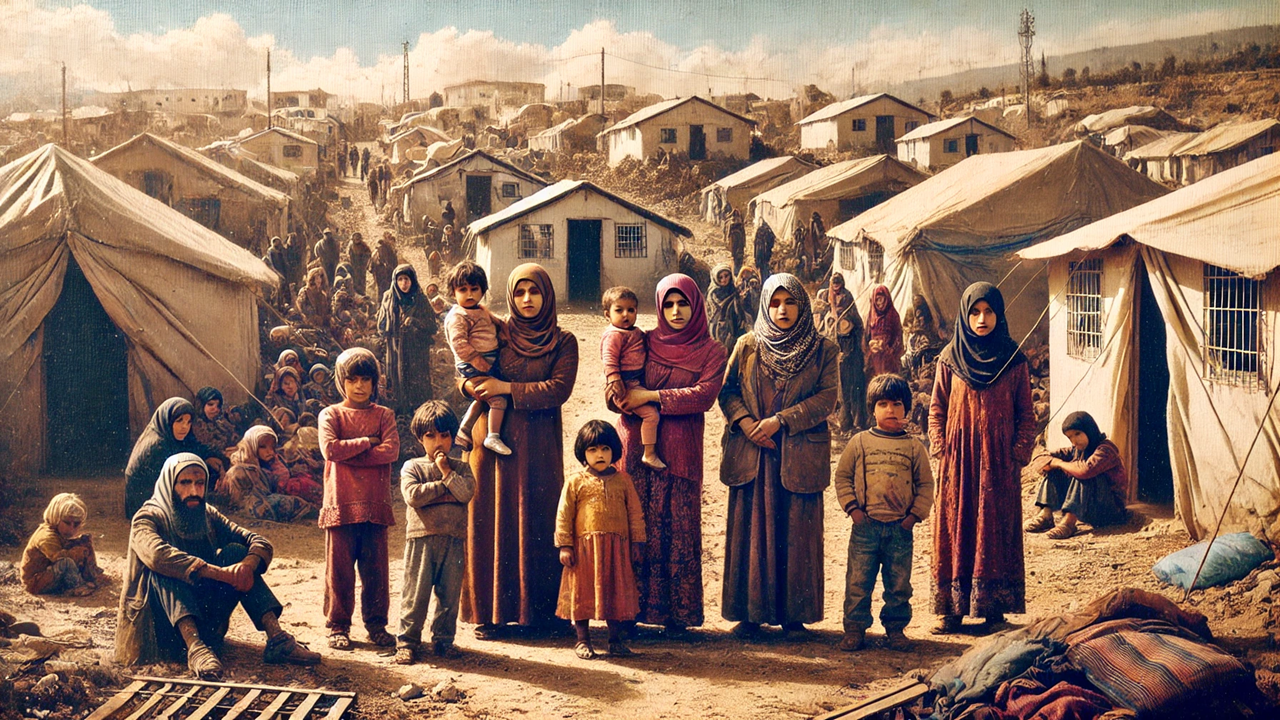Uganda’s Refugee Model: A Beacon of Hope Amid Rising Challenges
The ongoing crises in Sudan and the Democratic Republic of the Congo (DRC) have intensified the flow of people seeking refuge in Uganda.

Uganda, home to the largest number of refugees in Africa, exemplifies how integrating refugees into public services can improve their lives and benefit host communities. The generosity of the Ugandan people and the country's progressive refugee policies are commendable, offering a vital model for others facing similar challenges.
The ongoing crises in Sudan and the Democratic Republic of the Congo (DRC) have intensified the flow of people seeking refuge in Uganda. During my recent visit to the Rwamwanja Refugee Settlement, I met Congolese refugees who shared harrowing accounts of their escape from unimaginable violence. While they now find safety, there is an urgent need for humanitarian aid and opportunities to heal from their traumatic experiences.
For refugee families who have been residing in Rwamwanja for several years, Uganda’s inclusive policies have facilitated avenues for self-reliance. By granting refugees access to land, education, healthcare, vocational training, and employment, the local economy is bolstered, benefiting both refugees and Ugandans alike. This model demonstrates how refugees can significantly contribute to society, and it serves as an inspiring example for other nations grappling with refugee crises.
However, it is crucial not to take Uganda’s generosity and the global public good it represents for granted. The pressures on public services are mounting. Natural resources are becoming increasingly strained, and financial assistance is failing to keep pace with the growing needs of both refugees and host communities.
Currently, Uganda provides refuge to over 1.7 million individuals, primarily fleeing the DRC, Sudan, and South Sudan, with numbers continuing to rise. Approximately 10,000 new arrivals enter the country each month, further complicating the dynamics of peaceful coexistence within communities.
Thanks to development partners like the World Bank, Uganda has maintained its global leadership in refugee policies, but sustaining this momentum is critical. Increased international support is urgently needed to uphold Uganda’s commitment to its refugee population.
It is imperative for donors, humanitarian partners, development actors, and the private sector to unite with the Ugandan government to address the pressing needs of refugees and the communities that generously host them. This collaborative effort should align with the pledges made at the Global Refugee Forum. Uganda cannot navigate this challenge alone—only through a collective response can this inclusive model be truly sustainable.
Government Policies: Uganda's refugee policy, known as the "open-door" policy, allows refugees to settle in designated areas where they can access land and work, making it one of the most progressive in the world.
Community Impact: Studies show that the integration of refugees can lead to increased economic activity and job creation, benefiting local populations and promoting stability.
Call for Action: International organizations, including the UNHCR, emphasize the need for ongoing support for host countries like Uganda, which are making significant sacrifices to accommodate those in need.
By fostering an environment where refugees can thrive, Uganda sets a powerful precedent for compassion and resilience in the face of adversity.
- READ MORE ON:
- Uganda










